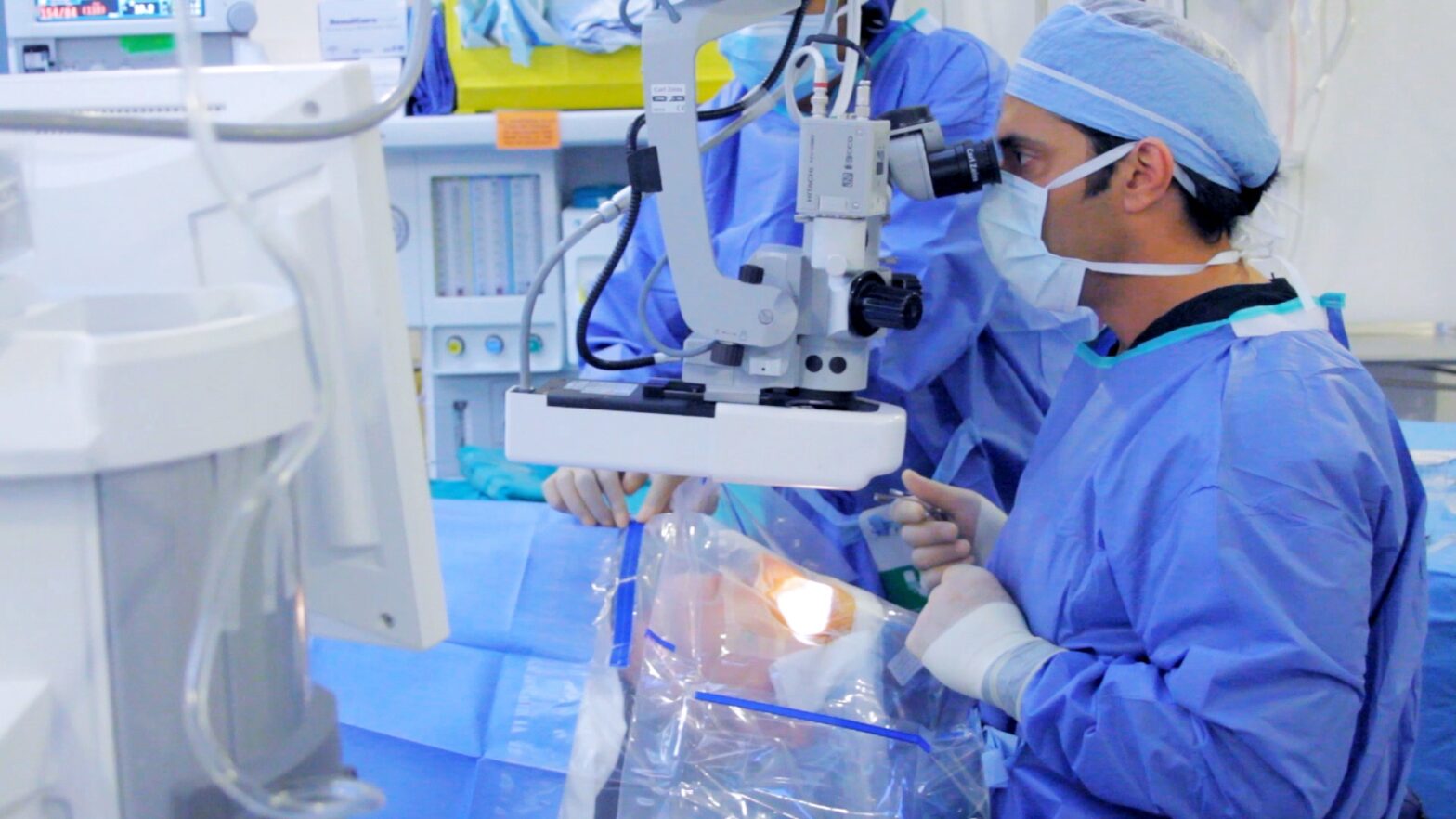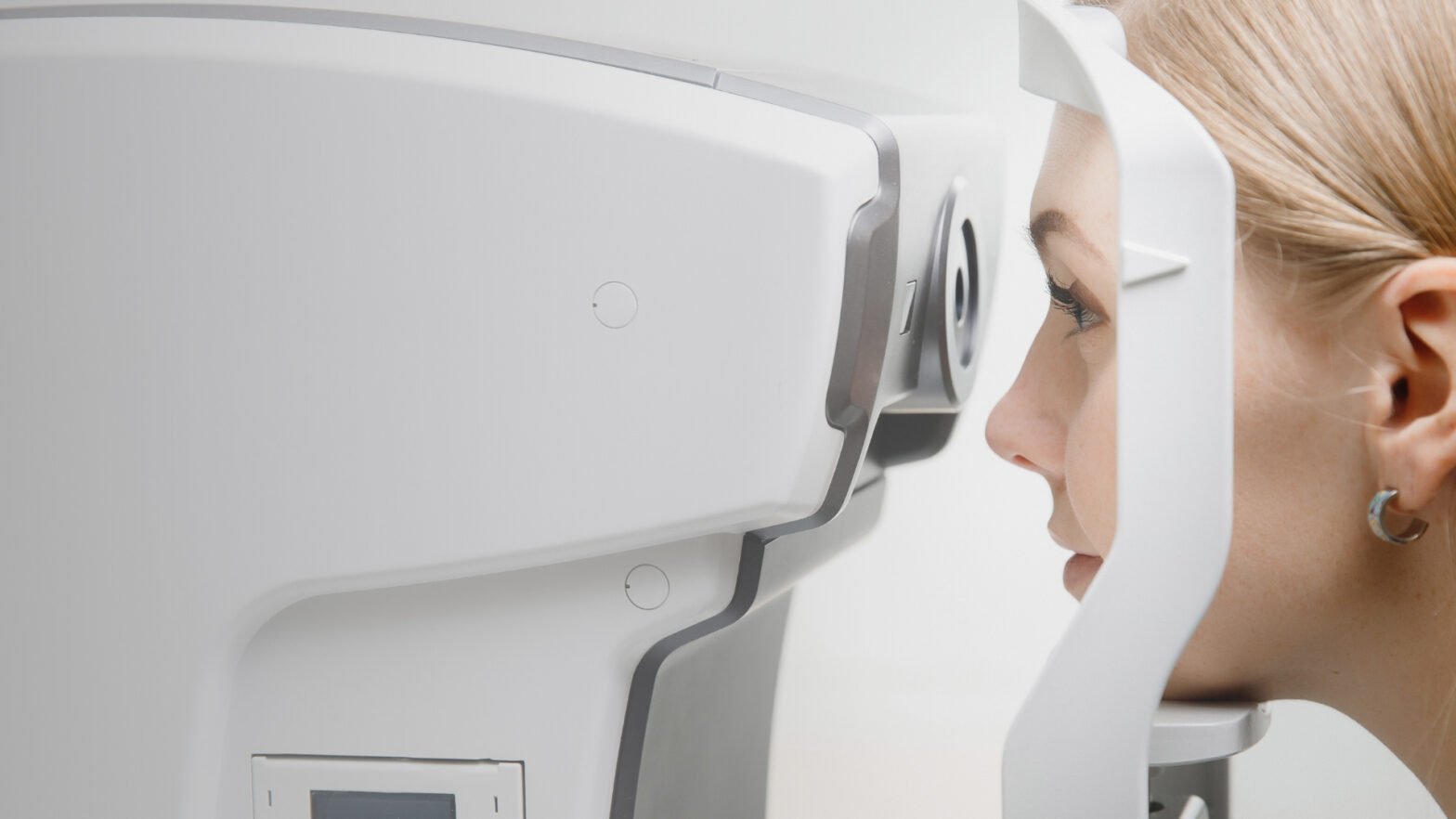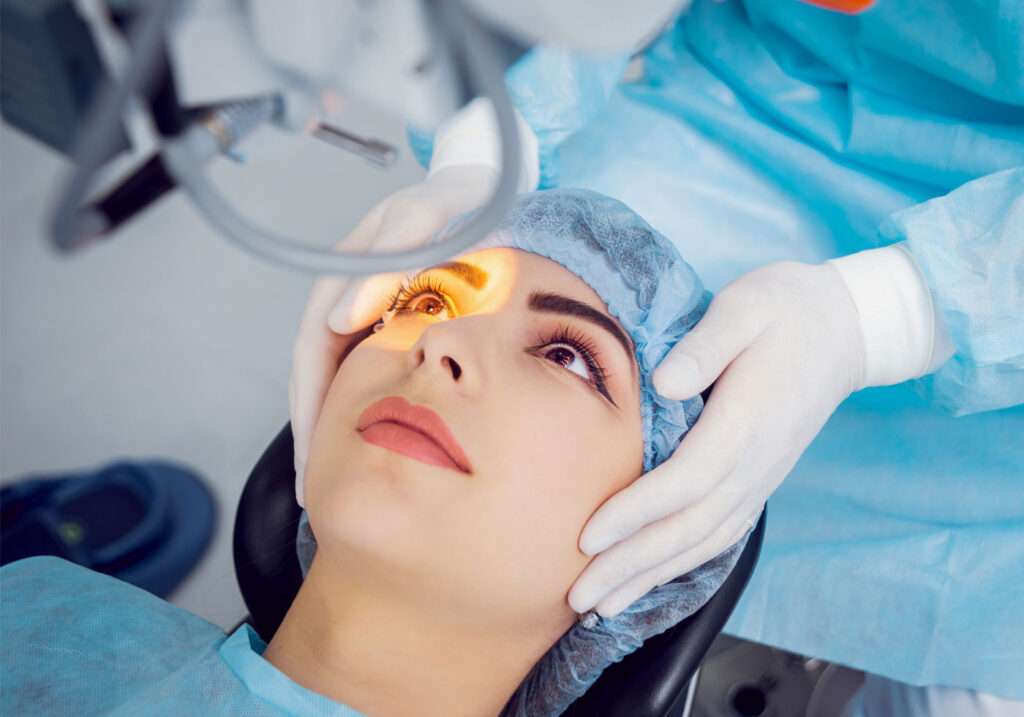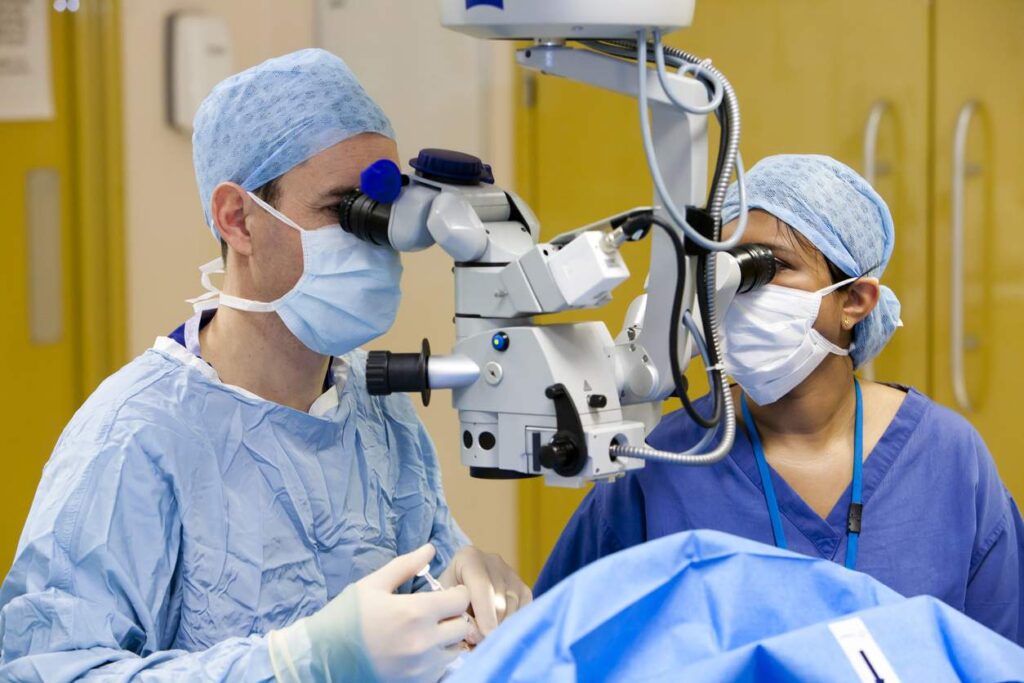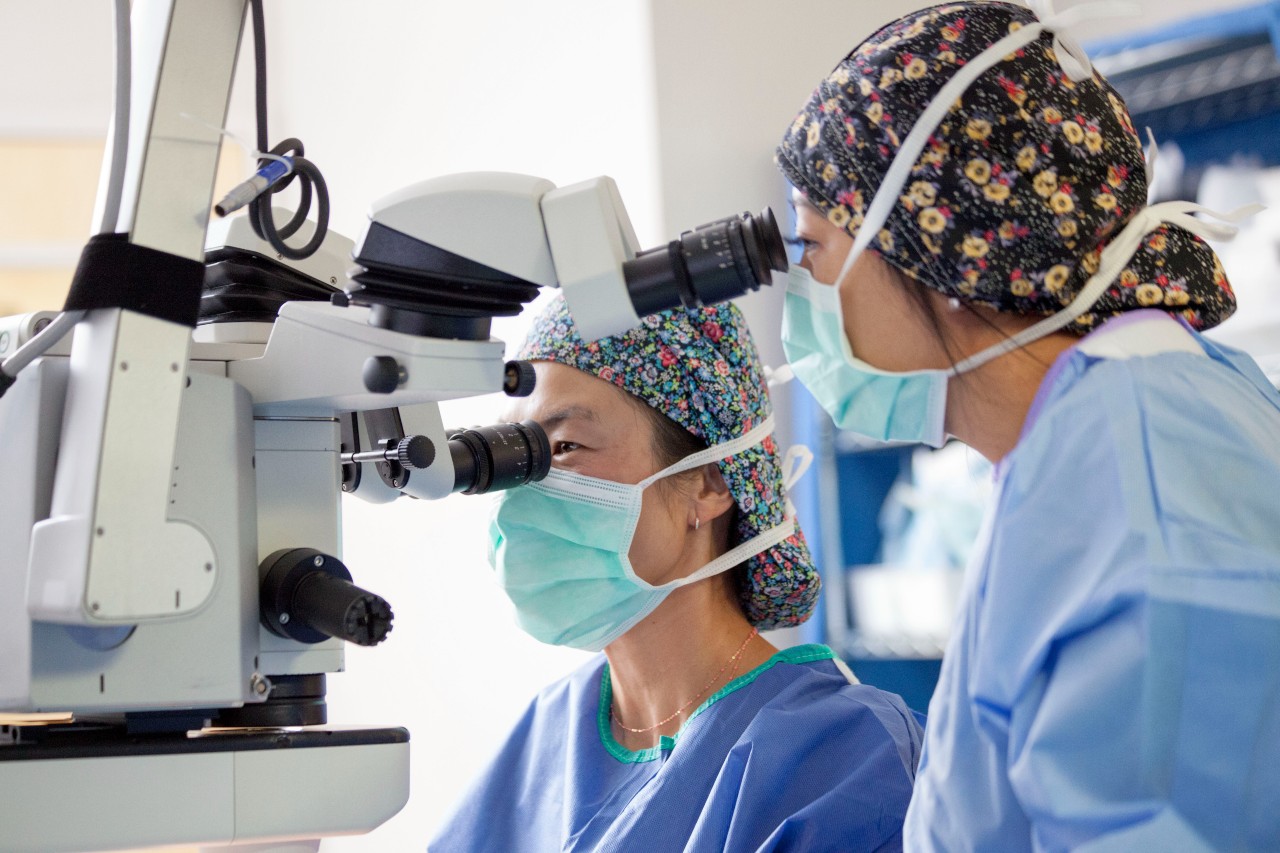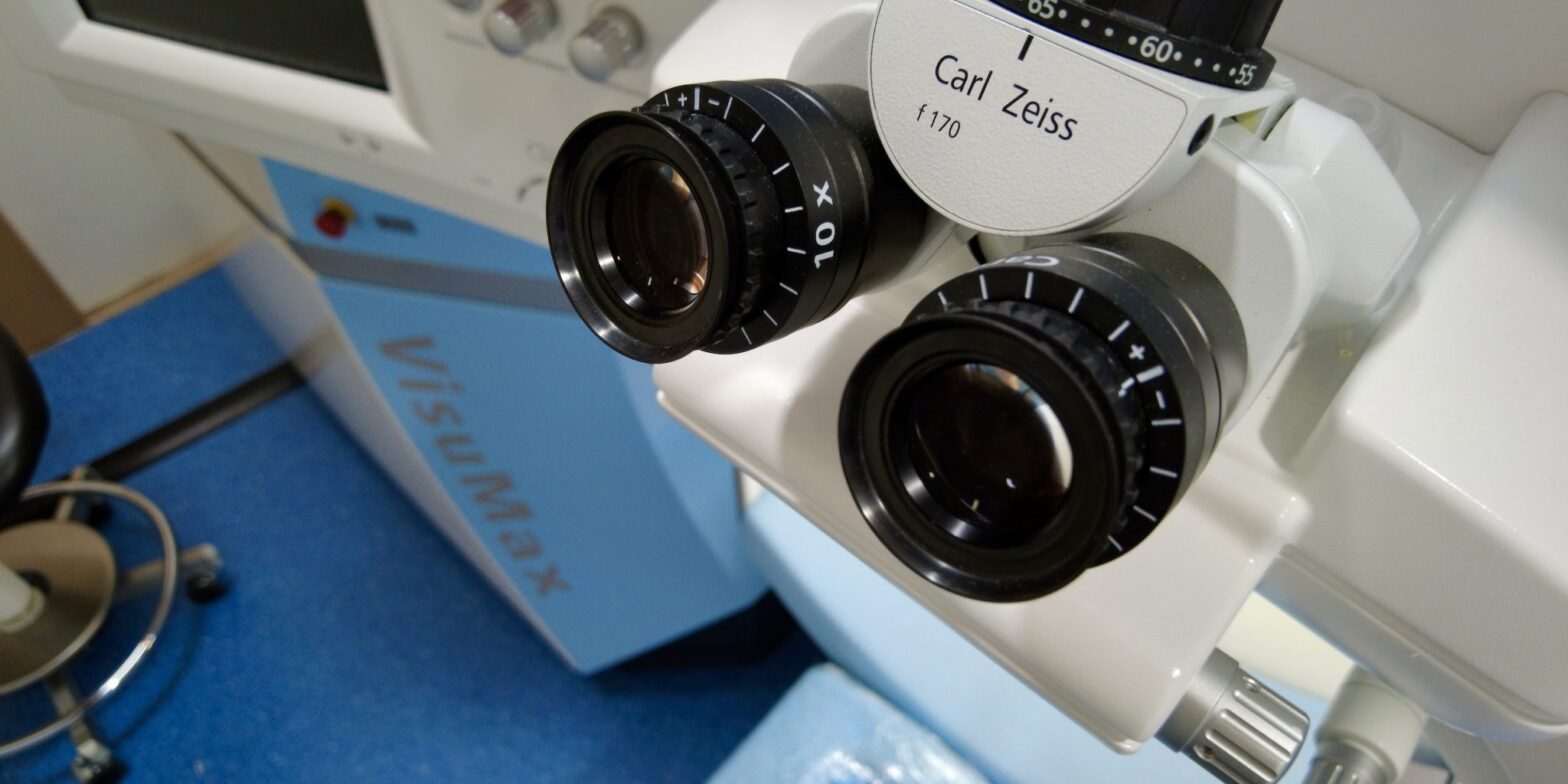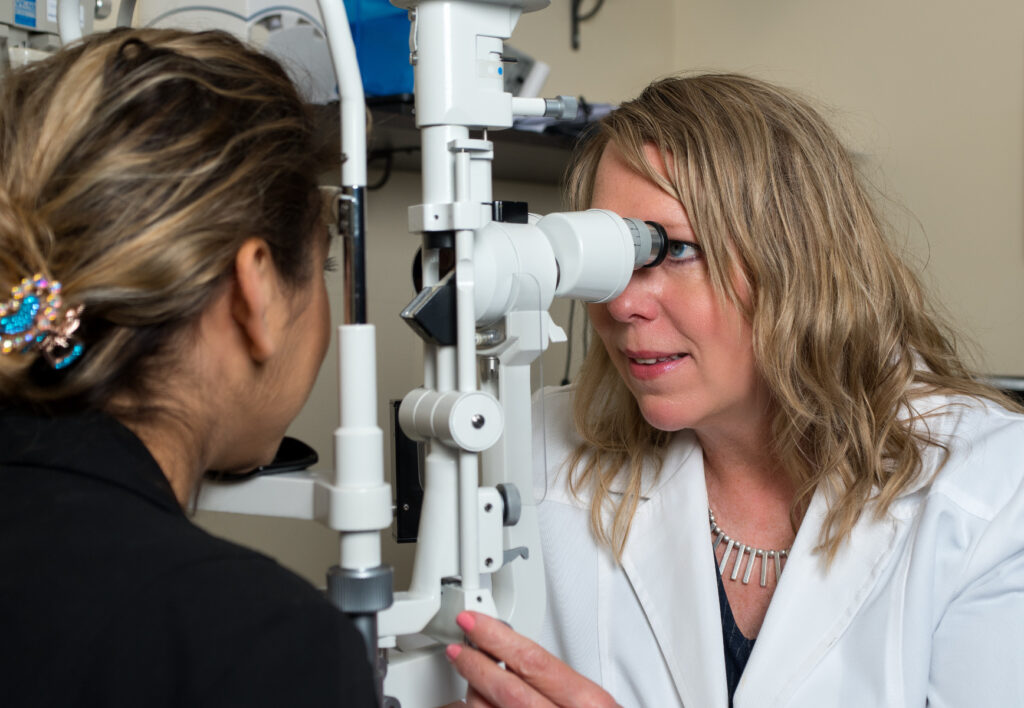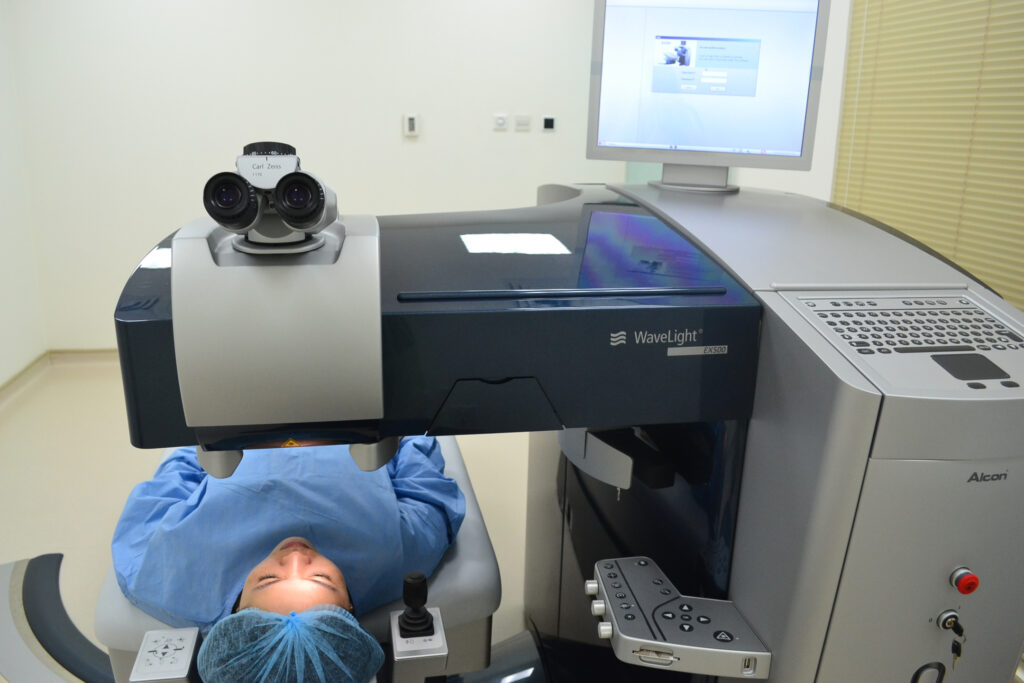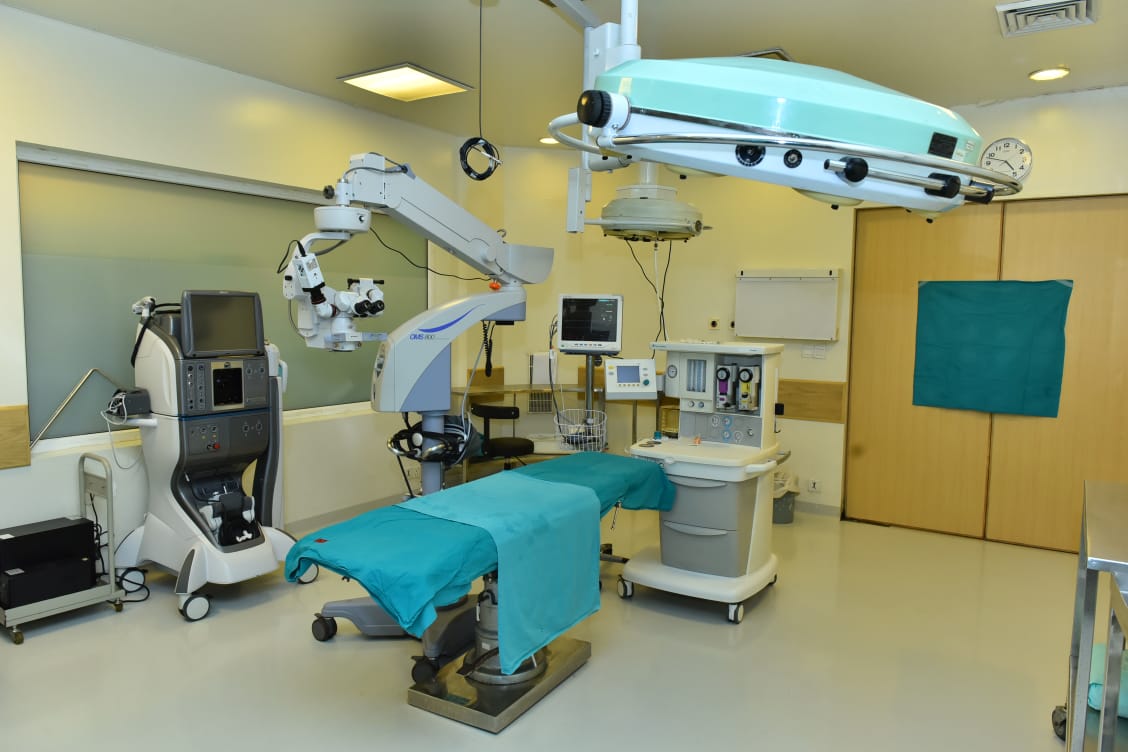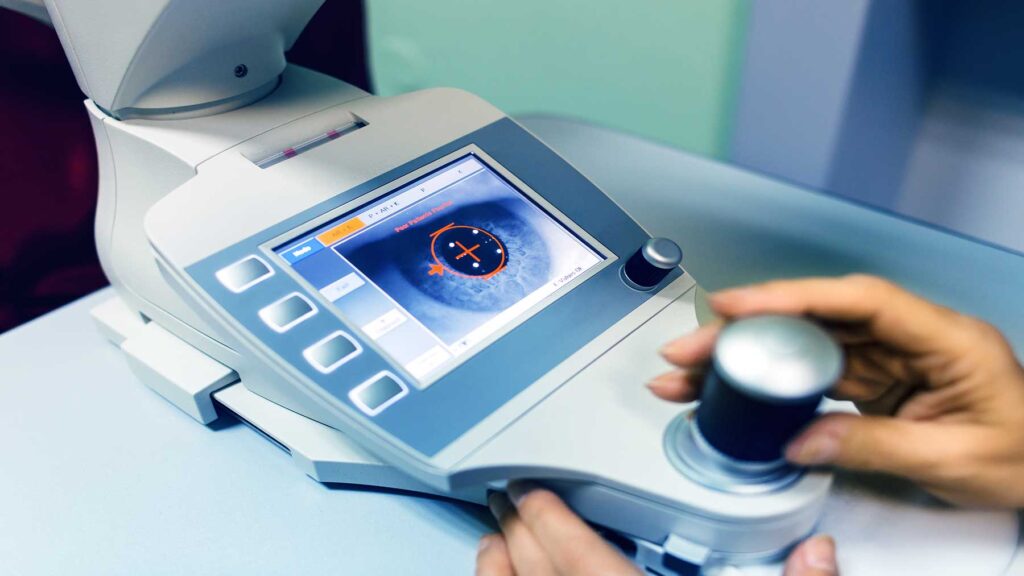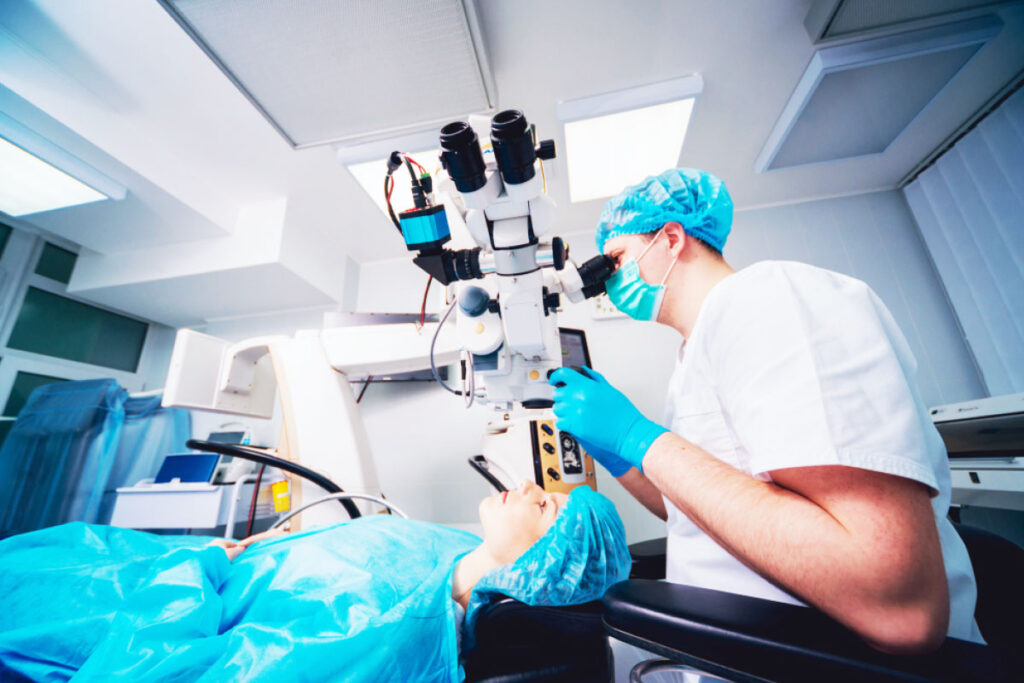It is a common knowledge that surgical procedures can induce some form of anxiety. This article is prepared for you to have some foresight about what the cataract surgical procedures entails. You should feel free to ask your surgeon whatever you want during your pre-surgery consultation. Understanding the procedure ahead might help calm your nerves, especially because your eyesight is so crucial. Confused about where to begin? If you’re considering getting cataract surgery, here are some questions to ask your surgeon.
In comparison to conventional surgery, what are the advantages of the laser method? How can I know which is ideal for me?
The hazy lens of a cataractous eye was traditionally removed by making a tiny incision in the eye, recently, cataract surgery sydney is often done with a laser these days, but conventional methods are still used in rare circumstances. Because of this, the clouded lens may be removed without having to make any incisions in the eye. Cataract surgery has become one of the safest surgical procedures because to the 60 years of technological advancements.
See Also: Important Things to Know About Cataracts in Children

What kind of glasses would I get?
After the cataractous lens is removed, surgeons can replace it with one of various lens varieties. Intraocular Lenses (IOLs) are the common name for these artificial lenses. Monofocal IOLs, multifocal IOLs, and accommodative IOLs are the three most common types of IOLs implanted during cataract surgery.
Most people use monofocal lenses. You may use these lenses to focus on objects in the close, midrange, or remote distances. Most people who need help with their far vision choose monofocal lenses and also need reading or driving glasses.
You can see well from any distance with multi-focal lenses. As compared to patients who wear monofocal lenses, individuals who wear multifocal lenses may be more susceptible to nighttime glare and light halos.
The most recent development in eyewear lenses is the accommodative variety. They cooperate with the eye to improve vision at any range, although they don’t do so well in near views as with other lenses.
Will I still need my glasses if I get surgery?
Even after surgery to remove cataracts, some people still need corrective lenses. How well you can see after cataract surgery relies heavily on your pre-cataract eyesight and the lens that was surgically inserted. It’s more probable that you’ll require corrective lenses if you have monofocal or accommodating lenses. Be sure to ask your surgeon if you’ll need glasses before the procedure.
Who is going to be the surgeon?
Feel more at ease by getting to know your surgeon ahead of time. There may be more than one surgeon on staff at some ophthalmology clinics. Find out who will be doing the operation and their credentials during your consultation.
Is cataract surgery expensive, and will my health insurance pay for it?
Cataract surgery costs vary widely depending on the type of procedure performed, the type of lens used, and whether or not insurance is used. Cataract surgery typically costs between $6,000 and $9,000 out of pocket. Medicare will pay for a sizable chunk of your surgery costs even if you don’t have any other medical coverage. A higher deductible or out-of-pocket payment may be imposed by your insurance provider if you need more complex surgical procedures or are already receiving treatment for another eye condition. Insurance plans often only pay for monovision correction, not for progressive or bifocal lenses.
Make sure to discuss surgical charges and your desired lens with your surgeon before the procedure. The next step is to get in touch with your insurance company. If your insurance company isn’t prepared to pay for the whole cost of your procedure, there are other options for getting the medical attention you require.
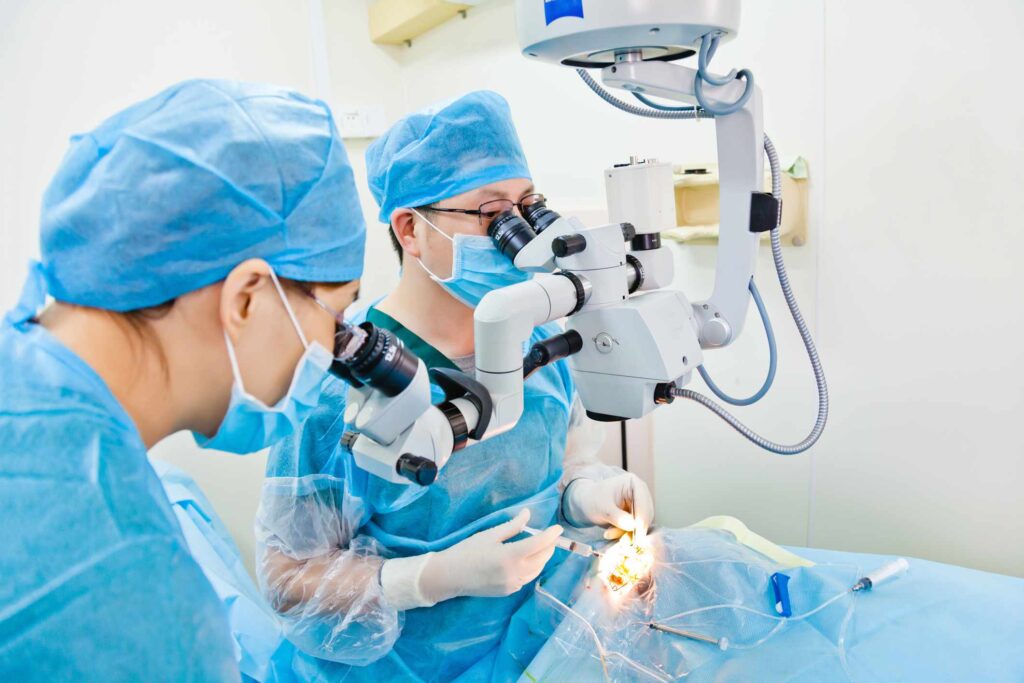
For my upcoming cataract surgery, what should I do to prepare?
Cataract surgery requires minimal preparation. Your doctor will do a noninvasive eye shape exam a week before your procedure. Based on this, we can calculate what size of intraocular lens will fit your eye. As a further precaution, your doctor may instruct you to discontinue the use of certain drugs in the days leading up to surgery. You may be asked to refrain from eating or drinking for 12 hours before to surgery, or you may be prescribed antibiotic eye drops.
The single most critical thing you can do before surgery is to make transportation arrangements and have someone remain with you for at least a few hours during the surgery. For the first few days, your doctor will likely tell you to avoid activities like lifting and bending over to avoid raising the pressure in your eye.
How does one usually feel after becoming better?
Patients typically have better eyesight within a few hours of operation. Visual acuity gradually returns each day during the recovery process. Some degree of redness or discomfort the day following surgery is usual. You should mention this pain to your doctor at your next checkup if it persists.
What are the typical negative reactions?
After cataract surgery, serious complications almost never occur. The most typical form of this condition is dry eye, which may be remedied with simple eye drops. Infection, haemorrhage, and changes in eye pressure that might lead to glaucoma are some of the more significant consequences that may occur. If any unwanted effects do show up, your doctor will check for them at your scheduled follow-up visits and address them right away.
Understanding what to expect after cataract surgery is still vital, despite the fact that it is a routine and generally safe treatment. This will not only provide you with a significant amount of reassurance, but it will also inform your choice of lens and the surgical facilities.
